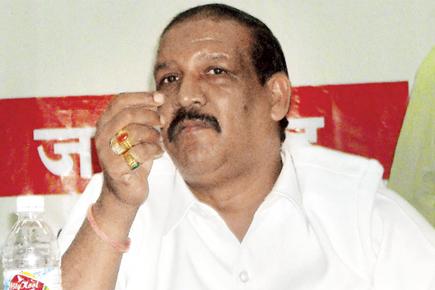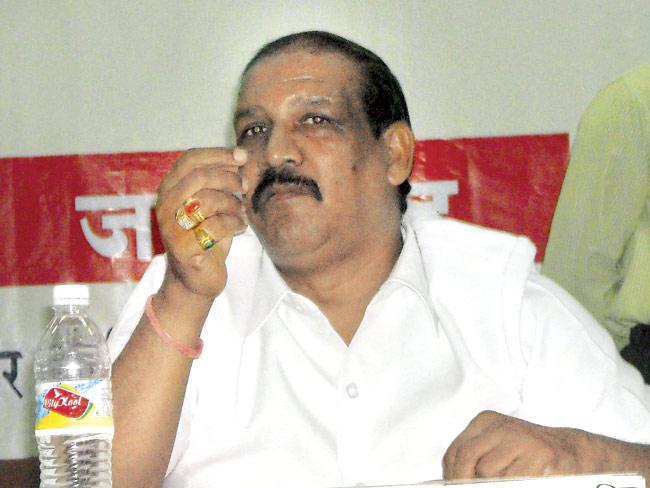The Anti-Corruption Bureau (ACB) today gave a clean chit to former Maharashtra minister Vijaykumar Gavit and his family in a disproportionate assets case, stating that there was no material to implicate them

Vijaykumar Gavit
Mumbai: The Anti-Corruption Bureau (ACB) today gave a clean chit to former Maharashtra minister Vijaykumar Gavit and his family in a disproportionate assets case, stating that there was no material to implicate them.
ADVERTISEMENT

Vijaykumar Gavit
This was contained in a report submitted to a bench headed by Justice Naresh Patil who observed that the Director General of ACB had opined that there was no substance in allegations against Gavit and his family members.
"The state, too, had concurred with the findings of ACB," the bench said. The court was hearing a PIL seeking an open inquiry against Gavit and his family in the disproportionate assets case.
Hearing the petition, the court had asked ACB to conduct a probe and submit a report. Uday Warunjikar, lawyer for petitioner, said he would try to procure a copy of this report from the state government through Right to Information Act.
Mahesh Jethmalani, counsel for Gavit, said nothing survived in the petition as his client had got a clean chit. He, therefore, urged for disposal of the PIL. However, Warunjikar objected to it saying that the
court should give an opportunity to the parties to submit final arguments. Accordingly, the court posted the matter to June for further hearing.
The court was hearing a PIL filed by V R Musale seeking prosecution of Gavit and his family. During a hearing earlier, ACB had informed that on holding a discreet inquiry into the assets of Gavit and his
family it had found material against them and submitted a proposal to the state on March 5 to seek permission for an open inquiry against Gavit.
Later, the state informed the high court that the Home Ministry had given a nod to ACB to hold an open inquiry. The court had also asked the former minister to file an affidavit, declaring sources of income from which he purchased properties by paying cash as alleged in the PIL.
 Subscribe today by clicking the link and stay updated with the latest news!" Click here!
Subscribe today by clicking the link and stay updated with the latest news!" Click here!






